psychotherapy
Psychotherapy For African Americans
Black Minds Matter Psychotherapy
The Constitution of the United States says that all men are created equal and are endowed by their Creator with the unalienable Rights to Life, Liberty, and the Pursuit of Happiness. To be clear, it does not mention Black people or women. While this is clearly a political issue still being sorted out and while laws have been enacted from the start to prevent Black people from enjoying those rights and while laws are being enacted all across the country to suppress access to representation for Black people to this day, there is a negative psychological component to this reality that Black people have been bearing from the beginning of this nation. As this story emerges from shadows of history into greater public awareness, an urgent need arises in the Black community for coaching, counseling, and psychotherapy. Those services, however, are proving very difficult for Black people to acquire. Mental health costs are prohibitive for many and there is a dearth of therapists familiar with the needs of Black people.


Frequently Heard
Black Minds Matter Psychotherapy
Meanwhile, friends and family members of Black patients often complain about it to therapists. What would a White doctor know about their problems? Why should they talk to a stranger? There are probably even more stress factors for the Black community due to discrimination and economic injustice than there are for the White majority. Meanwhile, many African Americans wonder why they don’t seek psychotherapy for anxiety, depression, post-traumatic stress, relationship problems, acceptance, commitment, and parenting challenges. Integrative Brief Psychotherapy is also an approach that has gained in popularity.
The role of race in the therapeutic relationship
Black Minds Matter Psychotherapy
In the psychotherapy relationship, little has been written about race and ethnicity. The issue has received less attention because patients and therapists of color are themselves underrepresented. This perspective argues that ethno-racial dynamics are understudied since most therapists are not familiar with the clinical issues that such clients present.
The reasoning in this approach ignores the fact that all patients have a race and an ethnicity, including the European American therapist and the African American client.


Cultural Mistrust in the African American Community
Black Minds Matter Psychotherapy
There is a greater distrust among African Americans of the medical establishment as a whole, and many think that medical institutions have racist attitudes. This practice dates back to the historical abuse of slaves by White doctors for medical experimentation. Blacks were frequently victimized, even to the point of being used as examples of surgical techniques for medical students. Several events, including the Tuskegee Syphilis study, have increased suspicion in the minds of many. Accordingly, African Americans are reluctant to participate in medical research and are underrepresented in many medical treatment studies today.
Unfortunately, many people do not receive needed mental health care because of cultural mistrust. Black Americans who regularly face prejudice can develop what has been termed “healthy paranoia” – a cultural response based on experiences of racism and oppression in White society. African Americans may experience caution or worry about being judged or misdiagnosed because of their concerns about mental health care altogether. Some clinicians have overdiagnosed paranoia in suspicious Black patients as a result of this reaction, continuing the cycle.
Unfortunately, many people do not receive needed mental health care because of cultural mistrust. Black Americans who regularly face prejudice can develop what has been termed “healthy paranoia” – a cultural response based on experiences of racism and oppression in White society. African Americans may experience caution or worry about being judged or misdiagnosed because of their concerns about mental health care altogether. Some clinicians have overdiagnosed paranoia in suspicious Black patients as a result of this reaction, continuing the cycle.
Considerations for Therapists
Black Minds Matter Psychotherapy
No matter how much psychologists hate to admit it, prospective Black patients are right to be cautious. Stereotypes of ethnicity and race often affect therapeutic relationships, and not always for the client’s benefit. Unacknowledged prejudice, stereotypes, and guilt may complicate the therapist’s reaction to the patient. Discussions about ethnicity and race can help to increase trust and mutual understanding, resulting in a faster resolution of issues. Although many therapists are uncertain about how to approach racial differences, they may prefer a “colorblind” approach. Reach out to http://blackmindsmatterpsychotherapy.com today for further information. I am a black Psychotherapist that understands. Black Minds Matter serves African American couples in San Rafael, California, and the east side of San Francisco Bay, in California, such as Oakland, California and Richmond, California.

Successful Psychotherapy
psychotherapy
Share your thoughts, feelings, and experiences openly and honestly with your therapist. Be open to new ideas and perspectives, and be willing to try new strategies for improving your mental health.
